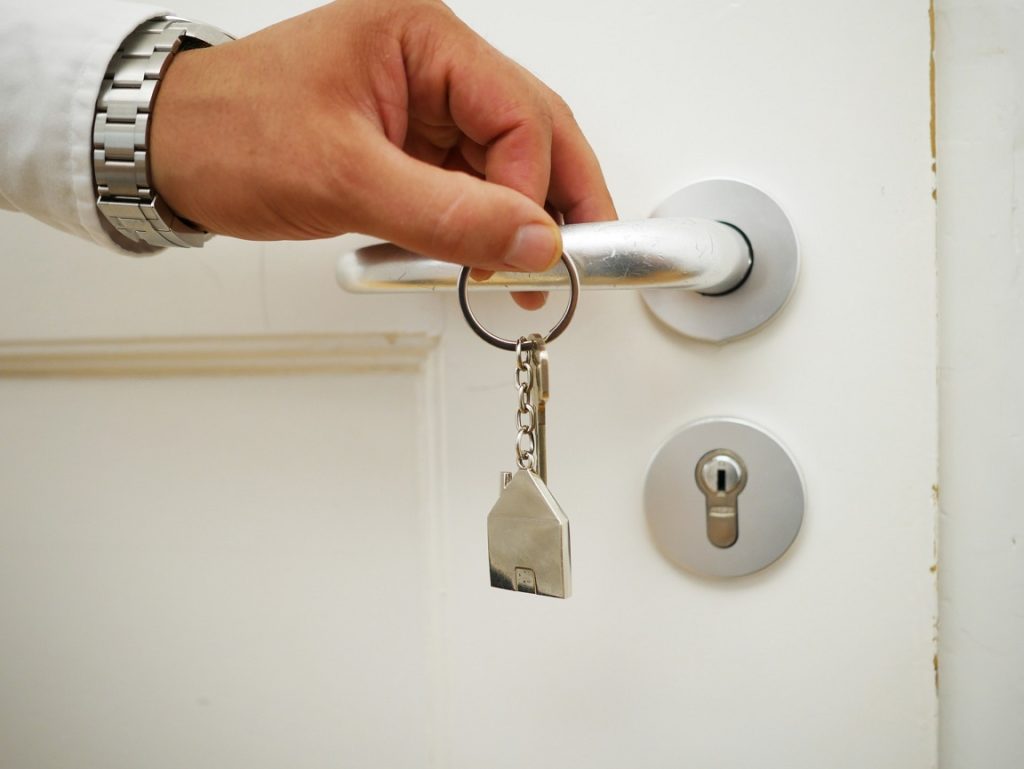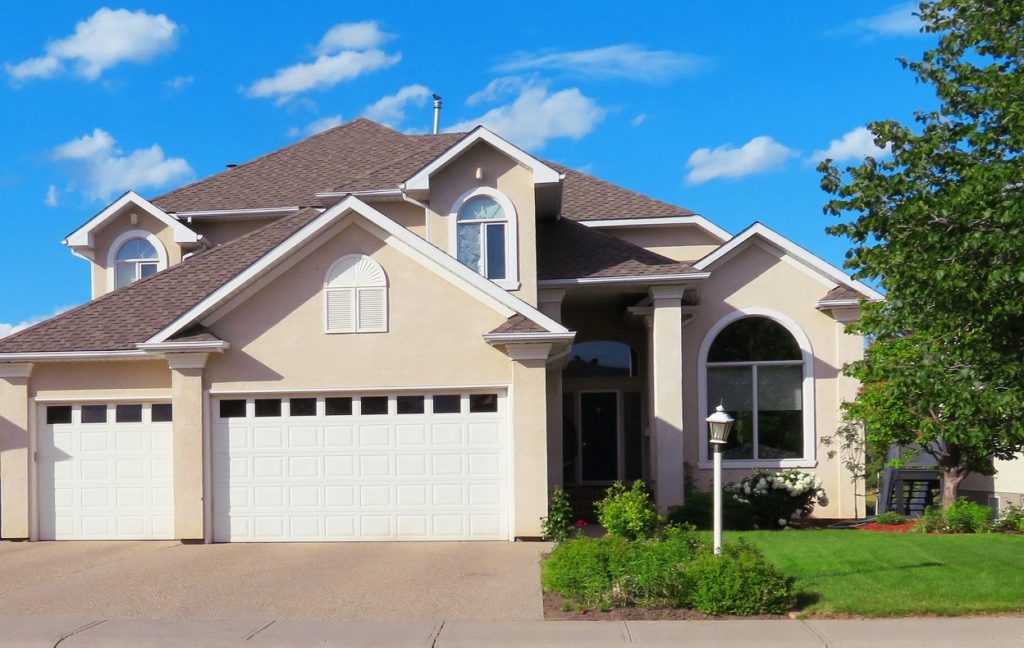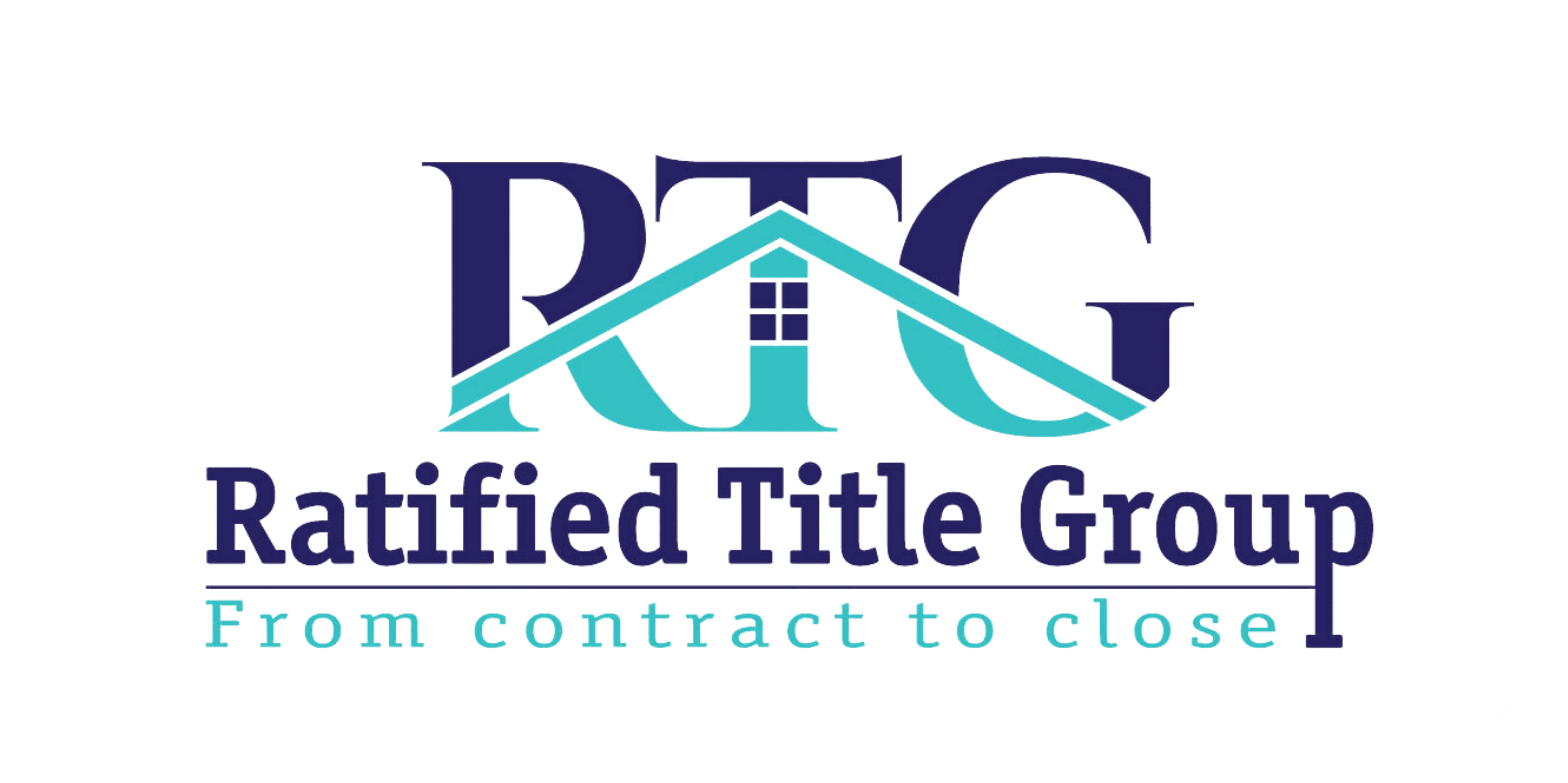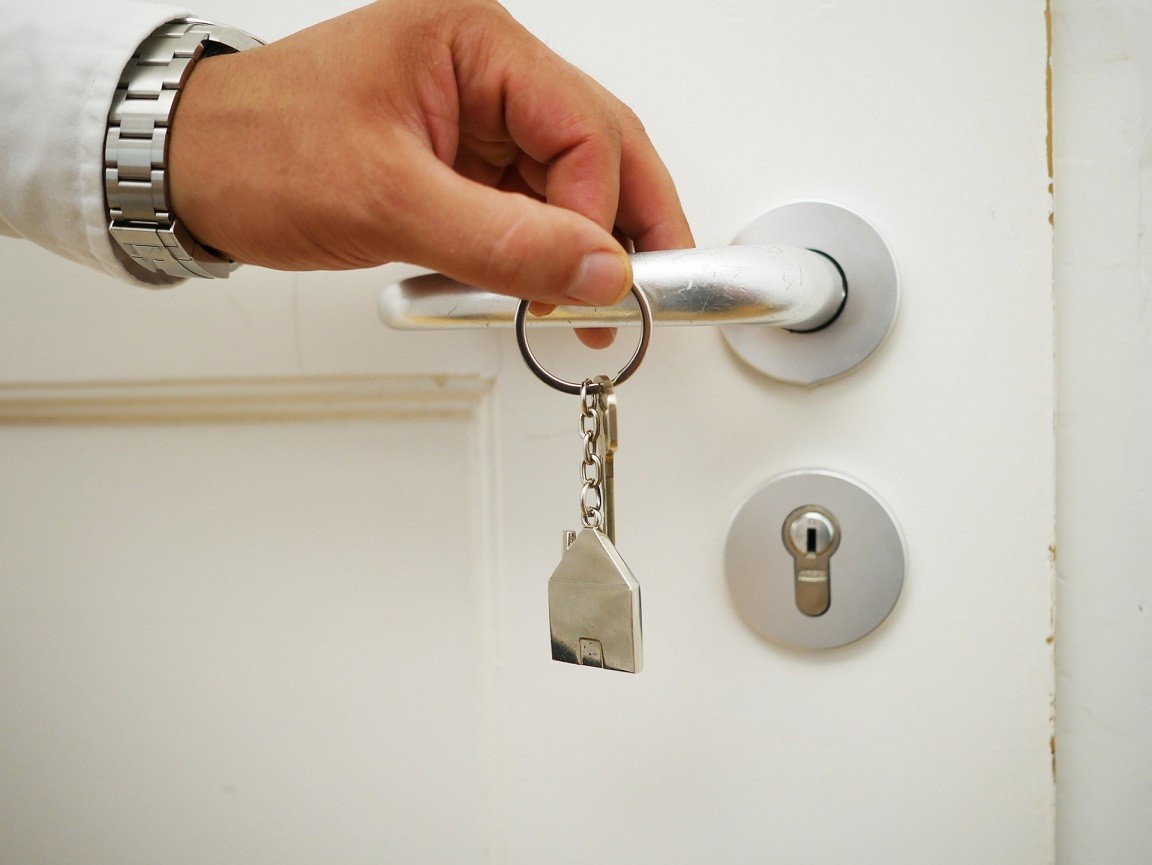At the time of writing this article, we have been seeing quite a bit of investment activity around D.C., Maryland and Virginia. One of the more noticeable investments we are seeing are 1031 Exchanges. If you own an investment or rental property, you may already know about 1031 exchanges. But if you don’t, you’ll want to keep reading to find out what a 1031 exchange is and how this powerful method could benefit you.
What Is a 1031 Exchange?

A “1031 Exchange” can be found and defined in section 1031 of the IRS Code (hence where it gets its name). In a 1031 exchange, you, as the investor (also known as the “exchangor”), have the opportunity to defer paying capital gains tax on a property you have sold as long as the profits from the sale of that property are used to purchase a like-kind property. You are basically swapping one property for another. The caveat is that if the property you are selling is valued at $500,000 and you have a $250,000 loan, the property you buy must be worth at least $500,000 and also have a $250,000 loan.
Types of Real Estate Exchanges
If you do plan on doing an exchange, there are four main options to choose from. They are:
- Simultaneous exchange – This type of exchange happens when the exchangor is able to close on the property they are giving up and the one they are purchasing simultaneously. This can be done by simply swapping deeds or with the use of a third party to act as an intermediary.
- Delayed exchange – A delayed exchange occurs when the exchangor releases one property before acquiring another property. When this happens, the next property must be identified within 45 days, and the exchangor must close on the new property within 180 days of the sale of the relinquished property.
- Reverse exchange – A reverse exchange is when the exchangor buys another property before relinquishing the already owned property. Since many banks will not give loans for reverse exchanges, these transactions have to be done with cash. Additionally, the rules are little different. The exchangor has 45 days to decide which property will be relinquished and another 135 days after the 45 days to close on that property.
- Construction or improvement exchange – Once you identify the property you’d like to purchase, you can use the equity from the property you sold to make improvements to the new property.
Rules for 1031 Exchanges

There are rules that go along with 1031 exchanges, the first being that the exchange has to be between like-kind properties. As mentioned above, the value of the purchased property must be at least as much as the value of the sold property. You can exchange one higher value property for multiple lower value properties, but all of the purchased properties’ values must add up to the value of the sold property.
You can choose up to three properties within 45 days of closing on the property you sold. Then you have to close on the new property or properties within 180 days of closing on the sold property. You can exchange properties between any two states, but the exchange has to take place in the United States.
The 1031 exchange only works for business and investments properties. You can’t exchange one primary residence for another. However, if you are renting out a single-family home, you could exchange that for an office building or a restaurant space.
Extension of 1031 Exchange Deadlines
All of that being said, things are a little different right now due to the COVID-19 crisis. The IRS decided on April 9, 2020, to extend 1031 exchange deadlines. If you are in the middle of a 1031 exchange and either your 45th day or 180th day falls between April 1 and July 15, 220, that date will now be extended to July 15, 2020. To break it down a little further, you will benefit from the extension of the 45-day deadline if you closed or will close on your relinquished property between Feb. 16 and May 31, 2020. You will benefit from an extension of the 180-day deadline if you closed on your relinquished property between Oct. 4, 2019 and Jan. 17, 2020.
If you have questions or need help with your 1031 exchange, don’t hesitate to reach out to us at 571-234-5589 or by email at [email protected].

